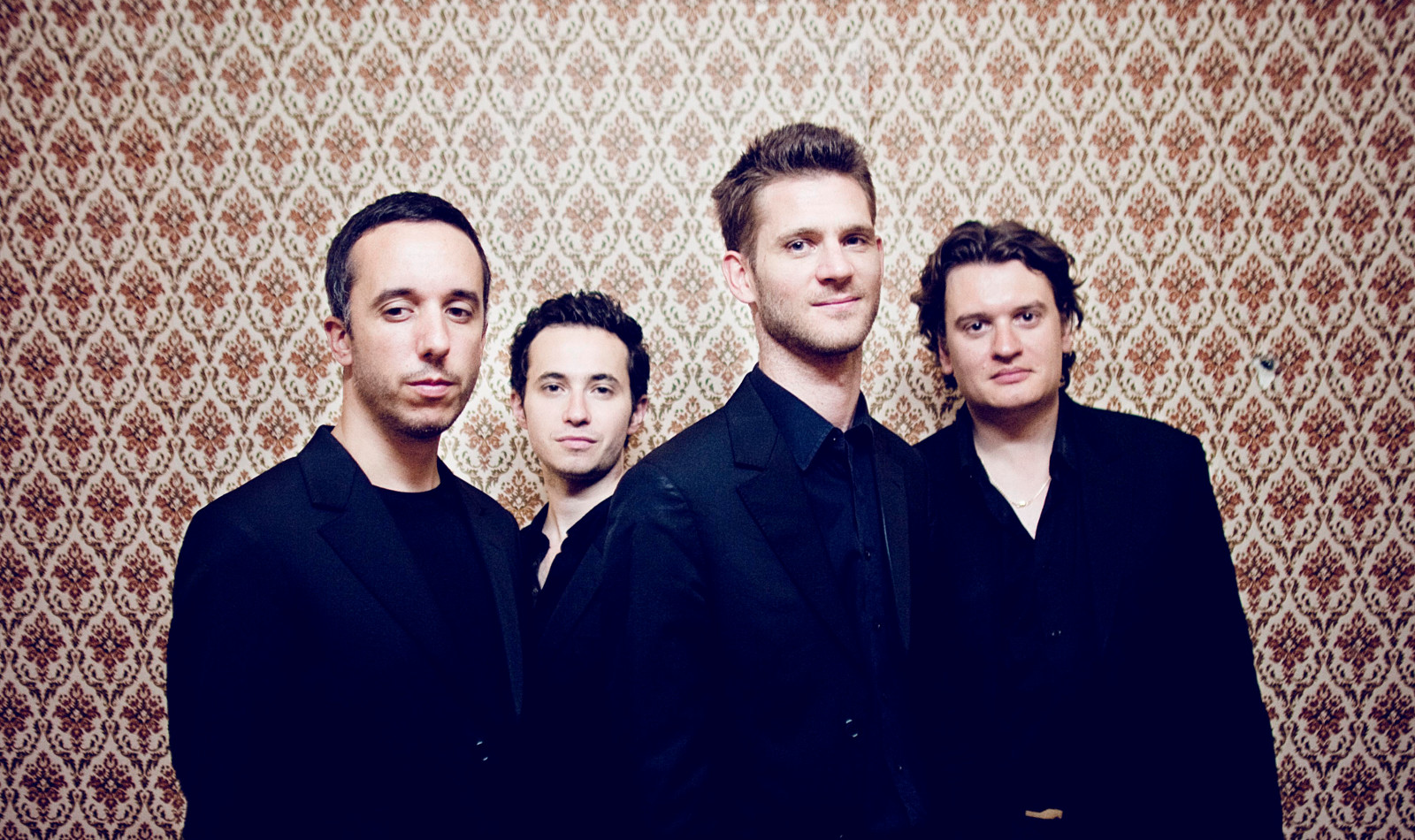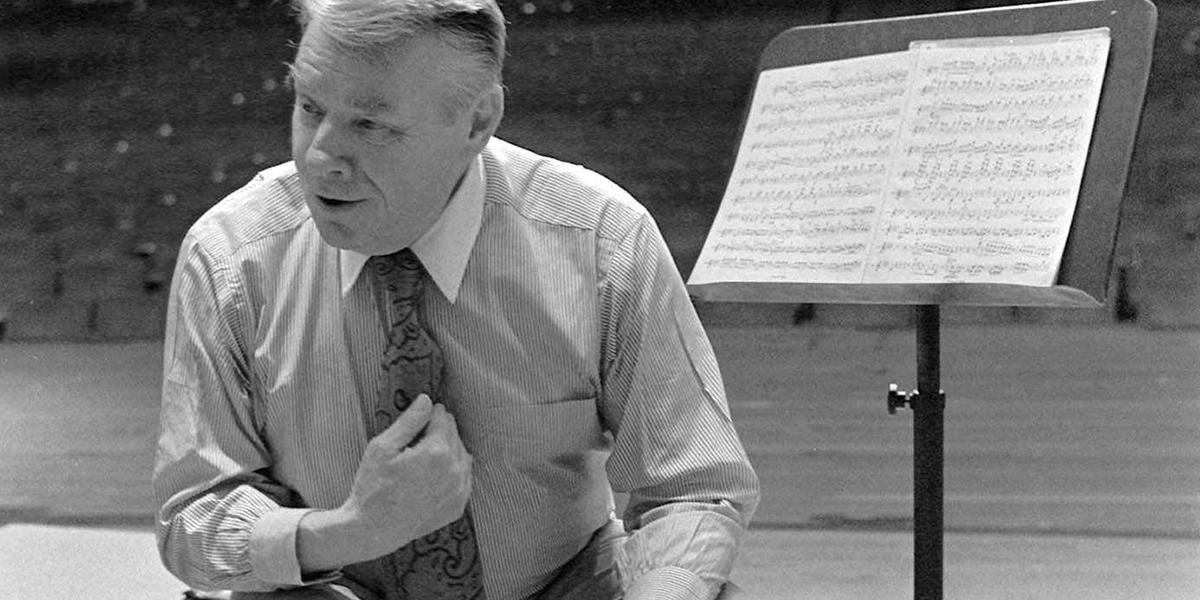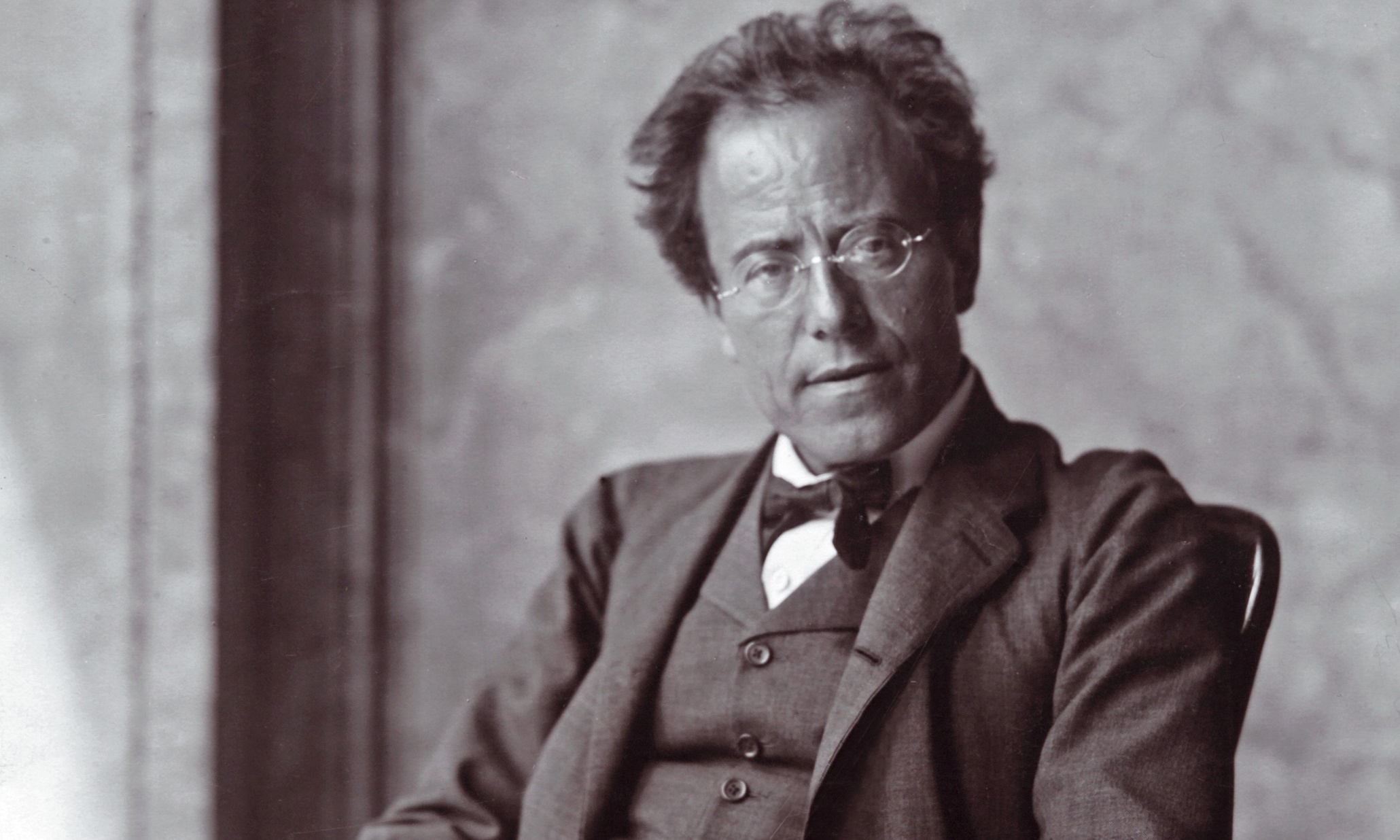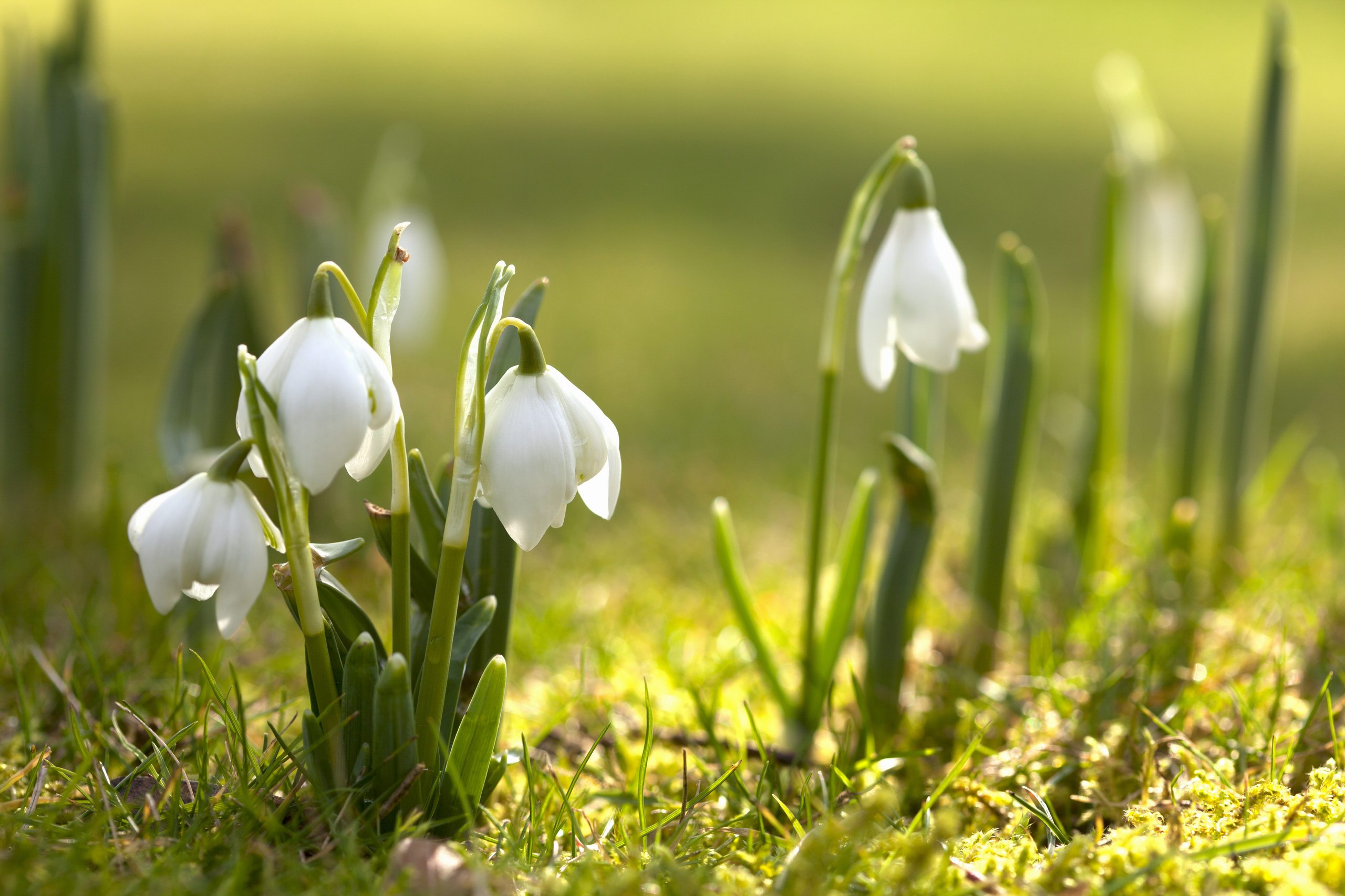The Ébène Quartet Plays Fauré
Listen to the opening of Gabriel Fauré’s Piano Quintet No. 1 in D minor, Op. 89 and you might get the sensation of floating. It’s the musical equivalent of an out-of-body experience. This is a piece which seems to start somewhere up in the clouds, with sparkling, lighter-than-air piano arpeggios ushering in an expansive but intimate melody. You might be reminded of the childlike innocence of the In Paradisum from Fauré’s Requiem, which was written around the same time …







